Why you should use Cow-Dung-Cake, daily for hawan in your house !
Cow is revered and worshipped by all pious Hindus. It is believed that cows came out of the milky ocean when it was churned by Gods and demons for nectar of immortality. All the Gods and Goddesses reside in the body parts of the cow in their subtle forms.
“Gavām hi tῑrthe vasatῑ ha gaṅgā puṣṭi tatha tad rajasi pravṛddhā
Lakshmῑḥ karῑṣe pranatau ca dharmastāsām praṇāmam satatam ca kuryāt”
“The very form of the cow is the residence of the ganga and all other teerthas. The dust from the feet of the cow (go dhuli) is strength giving. Goddess Lakshmi resides in the dung of the cow and by saluting the cow, one gains all dharma and wealth and thus the cow is worth being worshipped by all.”~ Vishnu Dharmottara – 2.42.58
Hindu Scriptures on sanctity of Cow Dung
The Upanishads say, “Gomaye Vasate Lakshmi”, meaning the Goddess Lakshmi lives in the cow dung.
The epic Mahabharata says, “Of all the 84 lakh (8.4 million) species of living entities, only the cow is such an entity whose dung is not impure, but rather it purifies every kind of impurity.”
Dwelling of Goddess Lakshmi
Goddess Lakshmi is the presiding deity of Cow Dung. She is the embodiment of wealth, prosperity and marital happiness.
”Ashtiishwarya mayi Lakshmi vasategomaye sada”
“Goddess Lakshmi with all eight opulence resides in cow dung.”
According to the Text, Shridharmapaddathi,” Every day early in the morning, the woman of the house should smear cow dung throughout the home, once she has done so, she will meet with no difficulties at all”.
“In the early morning, the threshold of the house is not to be left blank. The Goddess, the Deity of all resides at the threshold. The woman must smear cow dung at the threshold and make auspicious powder designs over it and mark with an auspicious sign of swastika. A woman who follows these rituals will have three things: wealth, long life and good reputation”
Hindu Sacrificial rite or Agni hotra
Rig Veda mentions, “Pancha Gavya or the five products of the cow (ghee, milk, curd, dung, urine) are used for agnihotra (fire sacrifices) and also for bathing of a new deity before installation”.
Cow dung is used in agnihotra to purify the atmosphere. Use of cow dung and ghee gives a detoxifying effect on the atmosphere. Regular performance of agnihotra saves one of all ailments.
Pancha Gavya
Pancha Gavya possesses the quality of nourishment and purification of the five basic elements of the cosmos (earth, water, fire, wind, space). Ayurveda texts say, “Pancha Gavyam is a holy chemical, is a diet, gives of strength, develops the heart, promotes longevity, purifies blood, eliminates the imbalances in the three basic principles, cures the diseases of the heart and removes the toxins.”
Lord Krishna and Cow Dung
In purushottam sahastra nam in vol. 10, name of lord Krishna Himself is given as “gaushthanganah gati priyah” means lord Krishna happily performs pastimes in cow dung in cowshed.
In Srimad Bhagavatam 10.6.20, it is described that, after being breast fed by Putna, a demoness, Lord Krishna was given a bath with cow urine, Goraj (dust raised by cows feet) and cow dung was applied over body of Lord Krishna by gopis.
Use of Cow Dung in Ayurveda
Ayurveda describes cow dung as – germicidal, nourishing, gives brightness to body, destroyer of bad smell, absorber, virya vardhak (increase intelligence), Rasayukta (moisturizer, fatty) and supremely pure and holy.
It has transcendental property of curing skin diseases and reducing toxins of blood. It makes body effulgent.
Hindu Festivals and Cow Dung
In India, during the fire festivals, cow dung cakes are burnt to purify the atmosphere. Such festivals are: Bhogi, Sankranti, Lohri, Pongal, and Bishu.
Cow Dung is also used during the festivals of Naagpanchami, nuakhai, onam, karama, kajari, ugadi, gudi-padwa and govardhan pooja festivals to invite the auspicious energies of Goddess Lakshmi into one`s life.
Importance of Hawan that includes Cow Dunk
- Promotes in cleansing the surrounding air and also, facilitates a way for a breathable environment
- Those devotees that are performing the Hawan ritual gain mental and as well as psychological peace
- It tends to leave a divine and positive thoughts in people’s mind
- Hawans also known as the killer of sins, leading the performer to resist themselves from negativities
- The mantras often chanted during hawan rituals tends to heal a grieving heart and improves confidence
- The smoke emitted from the fire kills all the microbes and pollutants that are present in the air
- Spiritual awakening, purification of soul and re-energizing oneself are the advantages of performing a Hawan
- Certain therapeutic benefits of the ingredients involved in the Hawan as well.
A Homa or a hawan is a ritual of fire arranged on auspicious occasions which is common among the Hindus. Performing hawans tends to be ritualistic worshiping of the Almighty.
During the beginning of the hawan, the priest conducting such a ceremony performs a sermon and gathers all the ingredients according to the ritual. As per Vedas description, hawans consist of offering ghee and many sacred puja related kits into the fire. The fire in the hawan represents Agni dev who is believed to accept the offering if you have a clean heart and a pure soul.
A hawan is an auspicious ritual rooted religious ceremony where devotees chant mantras and pray to the Fire God, Agni, by offering him divine gifts and important pooja samagris.
Read also : Significance Of Cow Dung In Hinduism
Click to check Source Courtesy & Originally Published Page
Disclaimer: SureshFoods.Com does not guarantee any specific results as a result of the procedures mentioned here and the results may vary from person to person. The topics in these pages including text, graphics, videos and other material contained on this website are for informational purposes only and not to be substituted for professional medical advice.

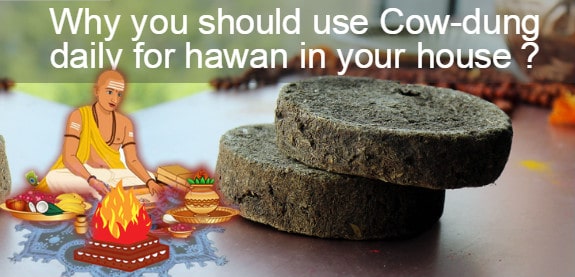
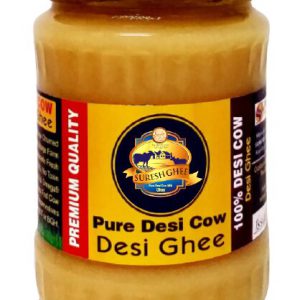
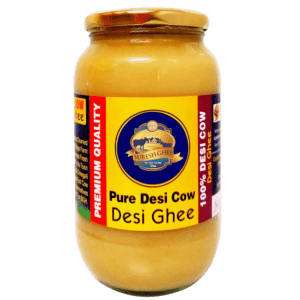
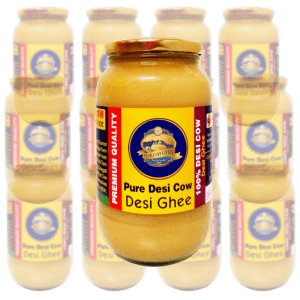
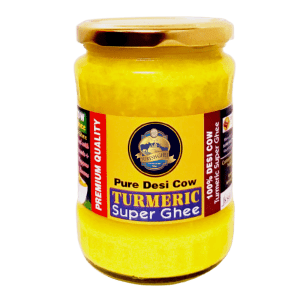
 WhatsApp us
WhatsApp us
Naveen m...